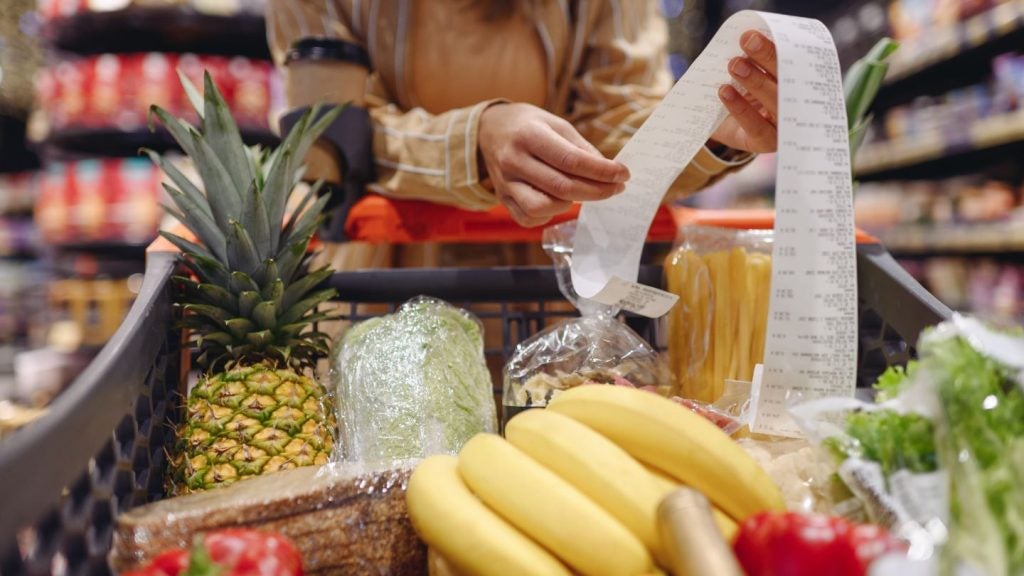Food prices in South East Asia are projected to rise by as much as 59% by 2050 due to climate change and energy transition costs, according to advisory firm Oxford Economics.
In a report released with trade bodies Food Industry Asia and ASEAN Food and Beverage Alliance, the UK-based consultancy called on
According to the report, each 1% increase in average temperatures raises food production prices by 1-2% across Indonesia, Thailand, Vietnam, Malaysia and the Philippines.
Meanwhile, as government and industries aim to reach net-zero emissions by 2050, the cost of energy, labour and other areas of manufacturing and distribution rises, the report said.
The report said there needed to be co-operations with policymakers in the region to "urgently ease the impact of the energy transition on food production costs".
According to the report, food production costs could rise by 31% in the Philippines and up to 59% in Indonesia.
AFBA senior advisor S Yogendran said: “Families across South East Asia are already feeling the pinch of rising food costs.
“Without coordinated action from governments and industry, achieving net-zero targets could make basic nutrition unaffordable for many.”
The potential price surge is attributed to rising temperatures and the associated extreme weather events that disrupt farming productivity.
Average temperatures in South East Asia are now three degrees higher than in pre-industrial times, the report said.
The Philippines is particularly vulnerable due to its climate-related weather events and weaker food production response capabilities, it added.
Over the past decade, climate change has already led to a 6% increase in food prices in the Philippines, the report explained.
Indonesia, meanwhile, faces the “greatest exposure to food price increases” due to its reliance on fossil fuels and susceptibility to global food price fluctuations.
These costs are expected to be passed on to consumers, “profoundly affecting” low-income families who already spend about 10% more of their income on food compared to the average household, the report said.
The report also warns a spike in food prices in South East Asia could affect global food security and the cost of living.
The share of global food imports sourced from the region has grown from 6.6% in 2000 to 9.1% in 2021.
In 2021, ASEAN countries accounted for 22.9% of food imports in the least developed countries, up from 14.2% two decades ago.
Despite their lower trade value, ASEAN states contribute significantly to global production in key categories, including 37.6% of vegetable oil and 24.7% of rice.
In November, global food prices hit a 20-month high, driven by rising vegetable oil costs due to concerns about lower output amid excessive rainfall in South East Asia.









